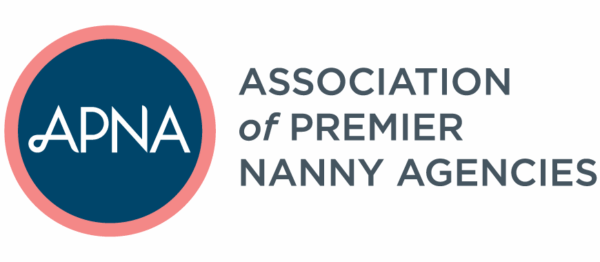Protecting your Nanny Agency’s Website’s Content with the Copyright Law
Please note: The information presented below is for informational purposes only. It does not constitute legal advice.
Nanny agencies put a lot of time and effort into generating new and interesting content to keep their websites fresh, informative, and relevant to their clients’ needs. Web content in the form of blog posts or forms, as well as informational content printed in a pamphlet or other handout, takes time and money to create and is a huge asset in attracting new customers to the nanny agency. In this article, we’ll learn ways to protect your agency’s online content from plagiarism on the web.
Plagiarism is all too easy these days. With a simple “copy-paste”, someone can lift your valuable creative content and post it to their website, redirecting web traffic from your site to theirs. Plagiarism is defined as “taking someone else’s ideas and passing them off as one’s own”, and for obvious reasons, it’s bad for business to have your content plagiarized!
Fortunately, there’s a way to guard against plagiarism. Copyrighting your agency’s content is the best safeguard out there, and it’s not difficult to do. First, what exactly can be copyrighted? According to Copyright.gov, copyright does not apply to “facts, ideas, [or] methods of operation, although it may protect the way these things are expressed.”
The first and perhaps the most important safeguard your agency needs to take is to guarantee that content written for your website is actually owned by your company. If the content is written by agency staff within the scope of their regular employment, then the content is considered “work made for hire” and the nanny agency owns the copyrights. If your agency employs a freelance writer to create web content, then your agency needs to state explicitly in the writer’s contract that you claim copyrights to any work created for your agency. If you haven’t articulated your claim in a contract, then the writer will legally own the rights to the content.
If you own the rights to your content, congratulations! Place a copyright notice like “© NANNY AGENCY NAME Publication Year. All Rights Reserved.” on your website. Your copyright lasts for the lifetime of the nanny agency plus an additional 70 years.
Once you claim copyright protection to your web content, you get to establish your agency’s policy for acceptable use of your materials. Some organizations, APNA among them, allow members to reproduce their content electronically without asking for specific permission provided that the member includes attribution to the organization and a link to the original work and copyright statement. This doesn’t work for everyone, though! It’s best practice to email the owner of any content you wish to reproduce asking for explicit permission.
For more information on establishing copyright protection for your agency’s content, check out these additional resources:
Copyright.gov
Copyscape
Hubspot
If you discover that another website has plagiarized your content without permission, there are steps you can take to exercise your copyright protection. Your first step should be a polite email or letter asking that the copyrighted material be taken down. You should provide a link to the page where the content was originally published with your copyright notification. If that doesn’t do the trick (and it usually does), try contacting the owner of the domain name to request the removal of your content. Contact information is usually available at WHOIS.com. If that doesn’t work or you receive no reply, you can contact the website’s hosting company (this information is also available at WHOIS.com). Inform them of their client’s copyright infringement. Many hosting companies will take the entire site down until the issue is resolved.
Hopefully, these measures will work for your agency; however, in the rare occasion that they don’t, your agency may consider a formal “cease and desist” letter sent via registered mail. Templates for these letters can be found online, or your attorney can help you write a draft.
Thank you to Kathy Webb, HomeWork Solutions for this valuable information.

